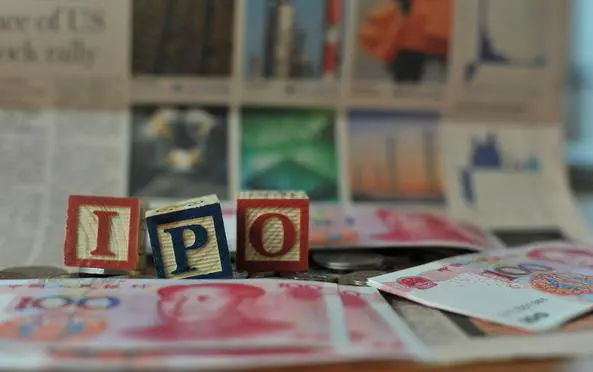The first round of financing of new shares in A-share market for the first half of 2016 has ended. Statistics show there are 61 cases of IPOs in the A-share market in the first half with total amount of fundraising reaching nearly 30 billion yuan.
The number of companies launching IPOs and the fundraising amount decline by nearly 70 percent and 80 percent respectively. Industrial insiders point out that the number of firms lining up for IPO application peaks again. Preventing IPO application in spite of problems will highlight supervision and strict review will become a new trend in the long run.
Financing amount decreases significantly as IPO launch slows down
Xiamen Jihong Package & Technology Co., Ltd launched IPO online on June 30, which was the last new stock for subscription in the first half, and subscription of the first new stock for the second half will be available on July 7.
Statistics show there are 61 cases of IPOs in the A-share market in the first half. About 2.5 billion shares were issued and nearly 30 billion yuan was raised. The number of companies launching IPOs and the fundraising amount decline by nearly 70 percent and 80 percent respectively when compared with the same period of last year.
Related persons from Ernst & Young Global Limited pointed out that in comparison to 2015, IPOs in the A-share market in the first half ware mainly conducted by small and medium enterprises with average fundraising amount dropping from 763 million yuan in the same period of last year to 477 million yuan, down by 37 percent. Due to lacking large IPOs, the fundraising amount of top ten IPOs slipped by more than 80 percent, hitting a new low record since the first half of 2008.
Investment bankers pointed out that although the financing function of A shares through IPO gets recovered since beginning of this year, the number of companies applying for IPO shrinks drastically when compared with the first half of last year. “In view of stabilizing market expectation, regulators gradually control the pace of companies going public, which objectively protects investors and facilitates stable and healthy development of the market.”
Number of companies applying for IPO application peaks again
With the pace of IPO launch slowing down, the number of enterprises lining up for IPO application increasing. According to the latest information disclosed by China Securities Regulatory Commission (CSRC) on July 1, the CSRC have accepted IPO applications of 894 companies as of June 30, 117 of which have been approved while the rest of 777 have not. Among the 777 which have not been approved, 733 companies are waiting for review, while 44 ones are suspended from review.
As introduced by investment bankers, 801 companies applied for IPO as of June 2, indicating that the number of companies applying for IPO is still increasing. It dates back to November 2012 when more than 800 companies applied for IPO before it was seen again on June 2, 2016.
A leader from a company applying for IPO disclosed that the overstocking of new stocks returns to a high level, and the company is ready for a “protracted war”. “More companies will join in the queue. The earlier we apply for IPO, the sooner we will get listed. As long as there is hope, we don’t mind waiting for three or four years. We will pay close attention to the approval of IPO during this period.”
Securities traders point out that the supervision policies for the stock markets obviously have tightened since 2016 onwards. Especially that the supervision over merger and acquisition (M&A) and reorganization as well as back-door listing gets tougher. Objectively, it firms companies’ insistence to apply for IPO. As the progress of the registration-based IPO system slows down and the launch of Strategic Emerging Board delays, the queue for IPO application is likely to be extended.
Notably, the CSRC reported relevant issues about terminating IPO approval for the first time in June. It indicated that great attention will be paid to IPO application in spite of problems, efforts in questioning and checking will be intensified, and the IPO application by unqualified companies will surely be rejected. Investment bankers believe that though the number of companies applying for IPO goes back to a high level, it is possible that some companies might cancel their IPO applications on their own initiative or that more companies will see their applications terminated passively. “The regulators will focus on preventing IPO applications in spite of problems in the future, helping to guarantee healthy development of the capital market from the source.”
(APD/XH FINANCE)
 简体中文
简体中文

